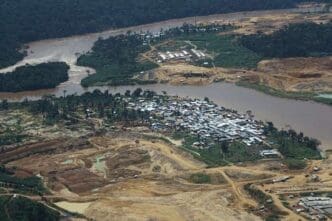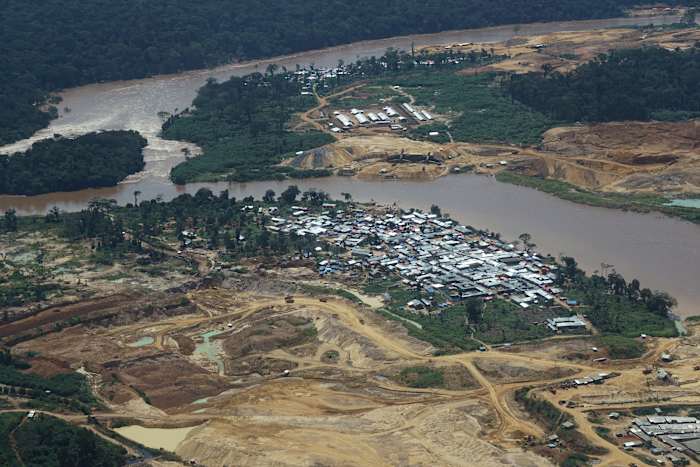A Chinese mining company’s activities threaten the biodiversity of Congo’s protected Okapi Wildlife Reserve.
The Okapi Wildlife Reserve, established in 1996, is home to unique species like the okapi. This site is part of the Congo Basin rainforest, a critical carbon sink, and harbors significant mineral wealth. Over the past eight years, a Chinese company has expanded its mining operations within this World Heritage Site, raising concerns among locals and conservationists about environmental destruction.
Despite the Congo’s mining regulations that prohibit such activities in protected areas, the boundaries of the Reserve have reportedly been altered, allowing this company to operate. An internal memo indicates that the current boundaries are incorrect. However, it remains unclear when mining operations will cease.
Activists have urged the government to revoke the Chinese permits, arguing that they were issued based on faulty maps. The Muchacha mine within the Reserve spans approximately 12 miles along the Ituri River and shows extensive development, as revealed by satellite images. Joel Masselink, a geographer, has pointed out that the mining agency is using an altered map to grant and renew mining licenses, which does not align with the original reserve boundaries.
Local communities and environmental groups are witnessing the mining’s devastating impacts on forests and wildlife, as well as water and land contamination. Former workers at the mines report the use of mercury, a hazardous chemical, by Chinese companies, posing serious health risks. A local fisher, Assana, mentioned a stark decrease in his fish catch, highlighting the broader environmental disturbance.
This situation has also resulted in socio-economic issues for local communities. Previously, residents mined and sold produce in the area, but the arrival of these foreign operations has severely limited their economic opportunities. Some continue to mine in secret, risking legal repercussions due to the lack of alternative livelihoods.
Efforts to protect the reserve face challenges due to ongoing legal ambiguities. Conservationists, like Emma Stokes from the Wildlife Conservation Society, emphasize the difficulty of enforcement amid conflicting legal interpretations. A joint task force aims to resolve these boundary disputes and update the mining registry’s maps accordingly. UNESCO has requested a report from the Congo government to address these issues by February.
The controversy over Chinese mining in the Okapi Wildlife Reserve highlights the tension between economic interests and environmental conservation, with profound implications for local communities and biodiversity conservation efforts.
Source: News4jax








